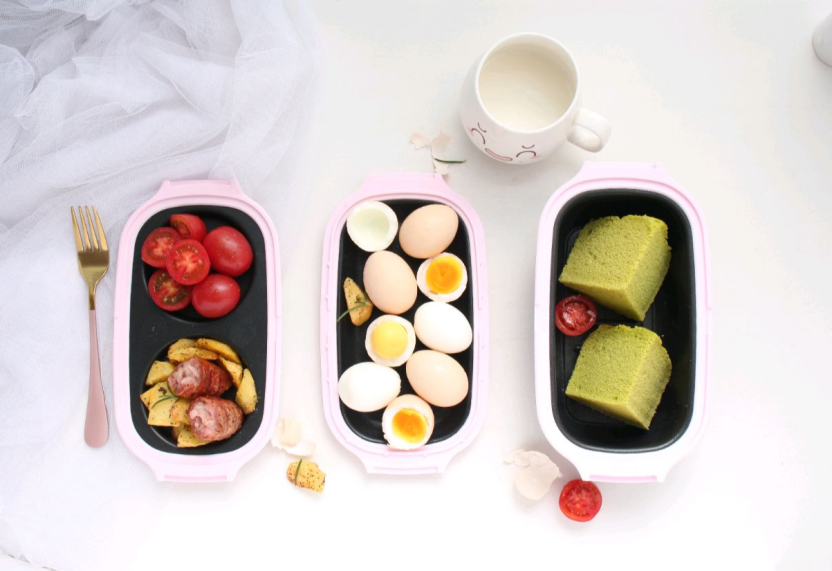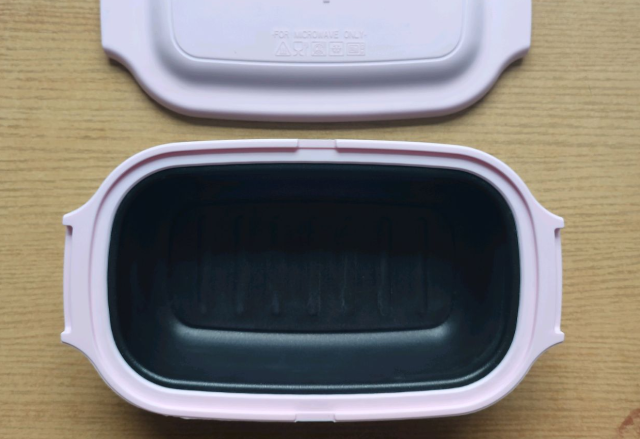How to Cook Hard Boiled Eggs
Eggs are highly nutritious, packed with protein, fats, and vitamins. Many people enjoy eating boiled eggs, but do you know how to boil them so they're easy to peel and have beautifully colored yolks? This recipe will show you how!

 20 Comments
20 Comments
Boiling eggs is simple, but getting them just right is a bit more challenging. This recipe will guide you on how to cook the perfect eggs, whether you prefer them hard-boiled or soft-boiled.
1.About Eggs
Eggs, also known as chicken eggs, are laid by hens and have a hard outer shell. Inside, they contain an air sac, egg white, and yolk. Eggs are rich in protein and various micronutrients, making them a highly nutritious and commonly consumed ingredient in daily diets. There are many ways to cook eggs, including boiling, steaming, frying, or pairing them with a variety of vegetables.
2.What Makes a Perfect Boiled Egg?
The appearance and texture of a perfect boiled egg can vary based on personal preference. Here are some common ways to boil eggs and their characteristics:
Soft-Boiled Egg (Runny Yolk): The yolk is liquid but not overly runny, and the white is set but still soft. Typically, this is achieved by boiling the egg for 3-6 minutes. Soft-boiled eggs are great for spreading on toast or enjoying with a sprinkle of salt and pepper.
Hard-Boiled Egg: Both the yolk and white are fully set. This is usually achieved by boiling the egg for 8-12 minutes. Hard-boiled eggs are ideal as a breakfast staple or for adding to salads.
Medium-Boiled Egg: Somewhere between soft and hard, the yolk is partially set but still retains a bit of a liquid texture, while the white is fully cooked but tender. Medium-boiled eggs are soft and creamy, making them perfect for pairing with bread or serving over rice.
Regardless of your preferred method, the key to a perfect boiled egg is achieving the texture you enjoy most. The egg should have a clean appearance, with a yolk that's neither too dry nor too runny, and a white that's fully set but not overly firm. Experiment with different boiling times to find your ideal egg consistency.
3.Should You Start with Cold Water or Boiling Water for Boiling Eggs?
The choice between starting with cold water or boiling water depends on the desired outcome for your eggs:
Starting with Cold Water: For soft-boiled or medium-boiled eggs, it's generally recommended to place the eggs in a pot of cold water first and then bring the water to a boil. This method helps the eggs cook more evenly, reducing the risk of cracking and ensuring that the yolk and white are cooked uniformly.
Starting with Boiling Water: For hard-boiled eggs, you can bring the water to a rolling boil first and then carefully add the eggs. This approach helps the egg whites set quickly and can help prevent overcooking the yolk.
Choose the method based on your preferred texture and cooking needs. Experimenting with both methods will help you find the one that works best for your perfect boiled egg.
4.How Long to Boil Eggs
The cooking time for boiling eggs depends on the desired firmness of the yolk:
Soft-Boiled Eggs (Soft Yolk): Typically take 3-6 minutes. Cooking for about 3 minutes will result in a runny yolk, while 6 minutes will give a slightly thicker yolk but still soft.
Medium-Boiled Eggs: Generally require 6-8 minutes. The yolk will be partially set with a creamy center, and the whites will be firm but not overcooked.
Hard-Boiled Eggs (Fully Set Yolk): Usually take 8-12 minutes. This ensures both the yolk and white are completely set and firm.
Adjust the time according to your preference for the yolk's consistency and enjoy your perfectly boiled eggs!
5.How to Prevent Eggs from Cracking
Gently Place Eggs: Use a slotted spoon or similar tool to gently lower the eggs into the water. Avoid dropping them from a height to prevent cracking.
Maintain Stable Heat: Keep the heat consistent while boiling. Avoid frequently adjusting the temperature, as this can cause the eggs to move around and potentially crack.
6.How to Store Cooked Eggs
Storage Duration: Cooked eggs, whether peeled or unpeeled, can be stored in the refrigerator for up to 5 days.
Storage Tips: Keep cooked eggs in the fridge to maintain freshness. It's often easier to peel them when they've been stored in their shells. For best results, store them with their shells on, and simply take them out when you're ready to eat.
7.More Egg Recipes
If you enjoyed this recipe, please rate it and let me know how your eggs turned out. Now, let’s get cooking and make those perfect eggs together!
INGREDIENTS
MAIN INGREDIENTS
- 4 eggs
DIRECTIONS
STEP 1
Prepare the Pot:
Get your pot ready for boiling the eggs.
Tip:
This is a versatile, smaller pot, but it works just like a regular one.

STEP 2
Clean the Eggs:
Wash 4 eggs thoroughly and add them to the pot with enough water to cover the eggs.

STEP 3
Microwave Cooking:
Cover the pot and microwave on high for 10 minutes.
Tip:
I prefer my eggs hard-boiled, so I cook them for 10 minutes. Adjust the cooking time according to your preference.

STEP 4
Cool the Eggs:
Remove the eggs and place them in cold water for 2-3 minutes.
Tip:
Cooling the eggs in cold water makes peeling easier.

STEP 5
Peel and Enjoy:
Once the boiled eggs are peeled, they’re ready to eat.
Tip:
You can enjoy them with toast, milk, and your favorite fruits.

Recipe analyzer
- Recipes: How to Cook Hard Boiled Eggs
- Main Ingredients:1
- Servings per recipe:1
- Servings size:176 g
-
Energy (calories):518 kcal
-
Protein:35.87 g
-
Fat:38.56 g
Why gray?

-
Carbohydrates:4.06 g
-
Protein: 30%156 kcal
-
Fat: 67%348 kcal
-
Carbohydrates: 3%15 kcal

The ratio shows whether the proportion of both fatty acids in your diet is optimal. Red color means too much of Omega 6 or too little of Omega 3. The data are rounded off and approximate.











20 REVIEWS